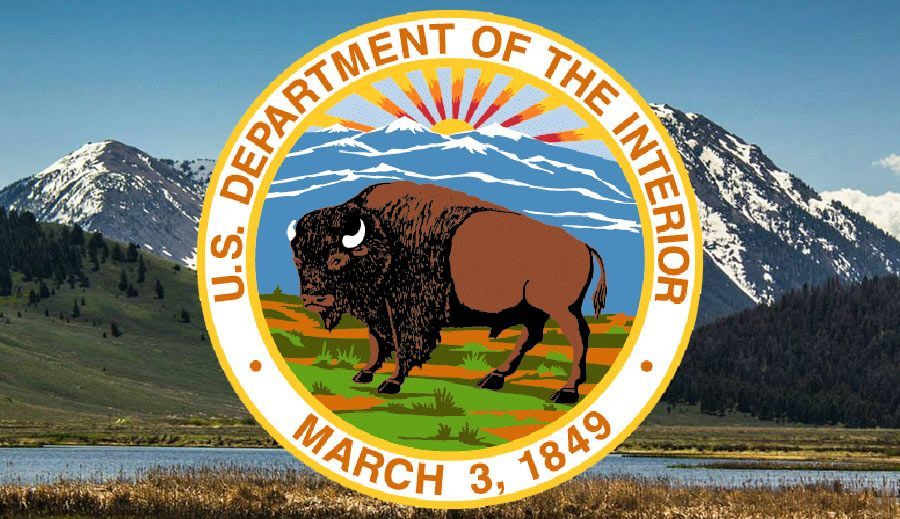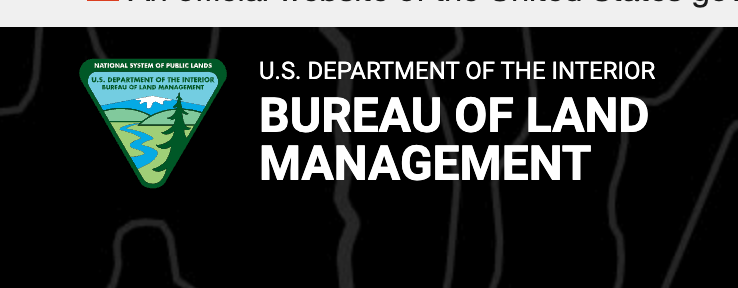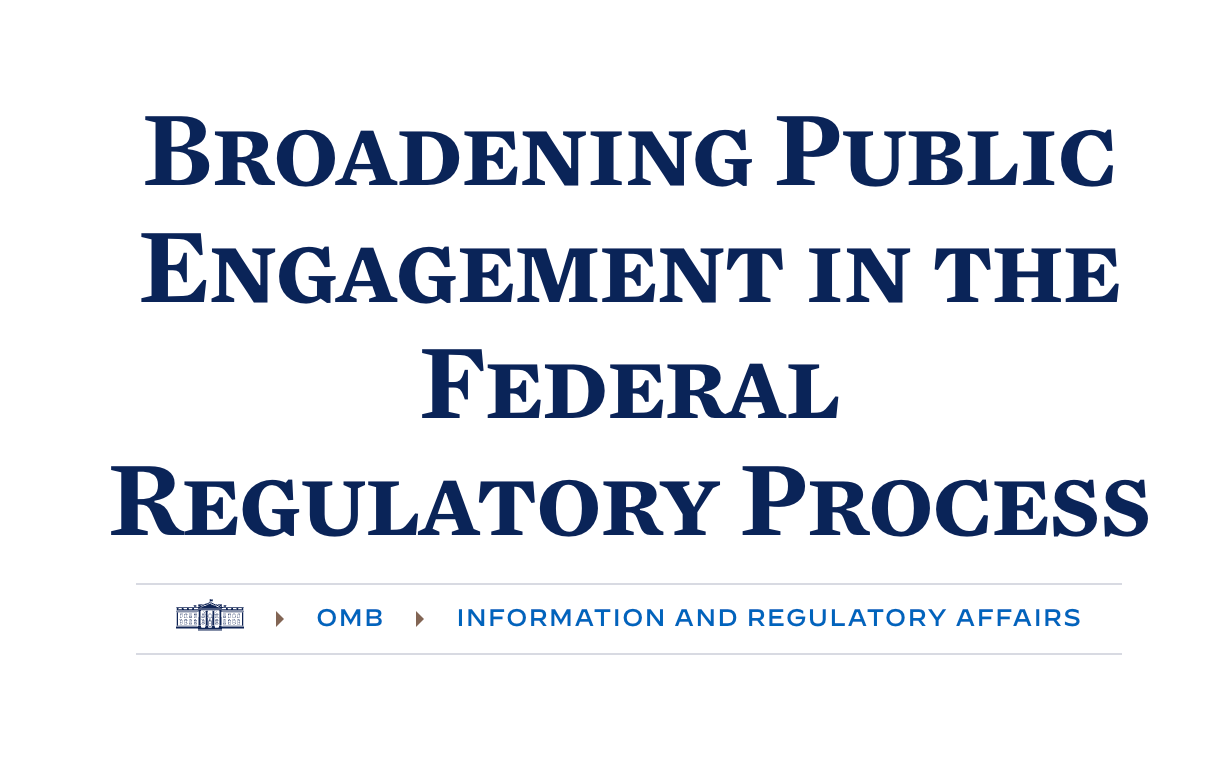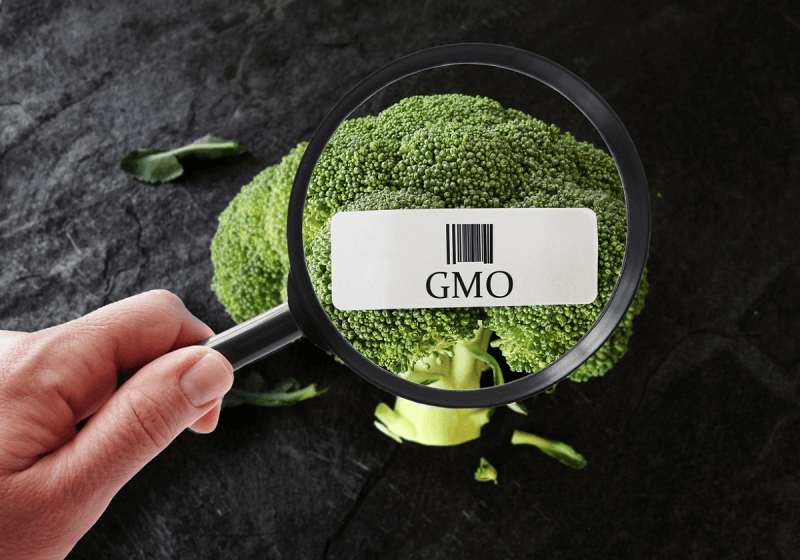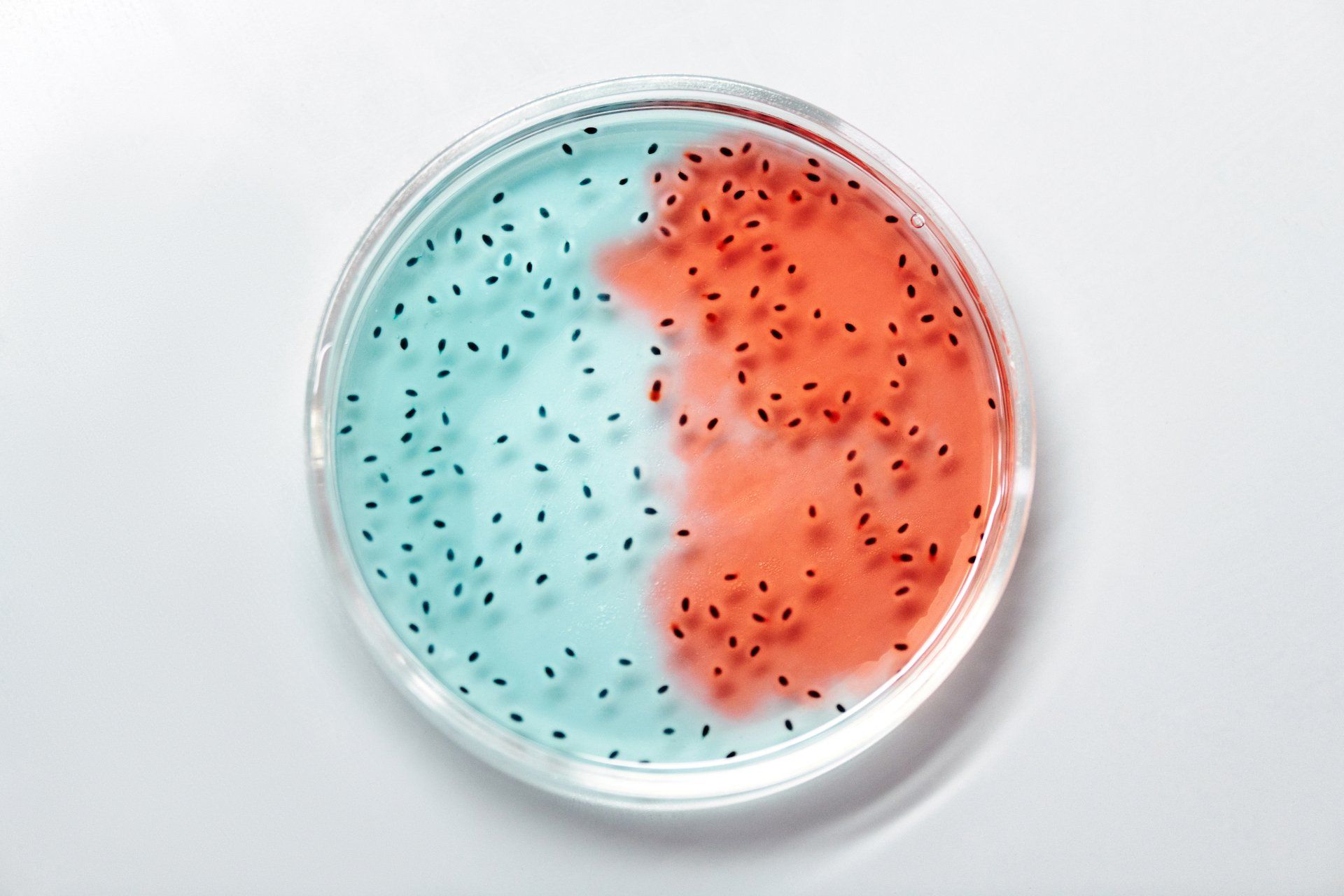10 Street Name, City Name
Country, Zip Code
555-555-5555
mymail@mailservice.com
Recent legislation has made G.E, “precision breeding” available to manufacturers to go directly to market with little oversight for plants, animals, and microorganisms.
Recent legislation has made G.E., also referred to as "genetic engineering" or “precision breeding,” is available to manufacturers to go directly to market with little to no oversight for plants, animals, and microorganisms, along with new tools for “climate change” Techniques. The new deregulation of “stacked traits” adopted in 2022 affirmed that “Only targeted traits of the proposed DNA will be evaluated” Over 86% of the Genome is unevaluated and can be released into the environment without consequence because of the definition of… “Best known science at the time.” This simple clause will protect manufacturers if “unintended consequences” occur and will protect companies from compensation to the environment/people for their actions.
Here are some responses we got from USDA APHIS/BRS division about this topic;
Coker, Richard S-Aug 23rd 2022, by email
“Under the legacy regulations, once a specific modified product is deregulated, it may be crossbred or “stacked” with other non-regulated traits without regulation.”
“Under the revised regulations, developers have the
option of requesting a permit or a regulatory status review of a plant developed using genetic engineering that has not been previously evaluated and determined to be non-regulated. This process replaces the petition process in the previous regulations. The revised regulations evaluate whether a plant requires oversight based on the characteristics of the plant itself and not on the method by which the plant was genetically engineered. Once APHIS determines that the plant is not regulated, subsequent transformation events using the same plant-trait-mechanism of action combination would not be regulated.
Decisions on regulatory status are based on our assessment of plant pest risk. If the movement or release of a plant developed using genetic engineering is found to be unlikely to pose a plant pest risk, APHIS would not require regulation under 7 CFR part 340. If we were unable to reach such a finding, APHIS would regulate the plant and it would be allowed to move only under permit.”
By and for the people organization believes that an unrecorded record of this technology being released into the environment is NOT based on science!

BY AND FOR THE PEOPLE
United States of America
info@byandforthepeople.org



